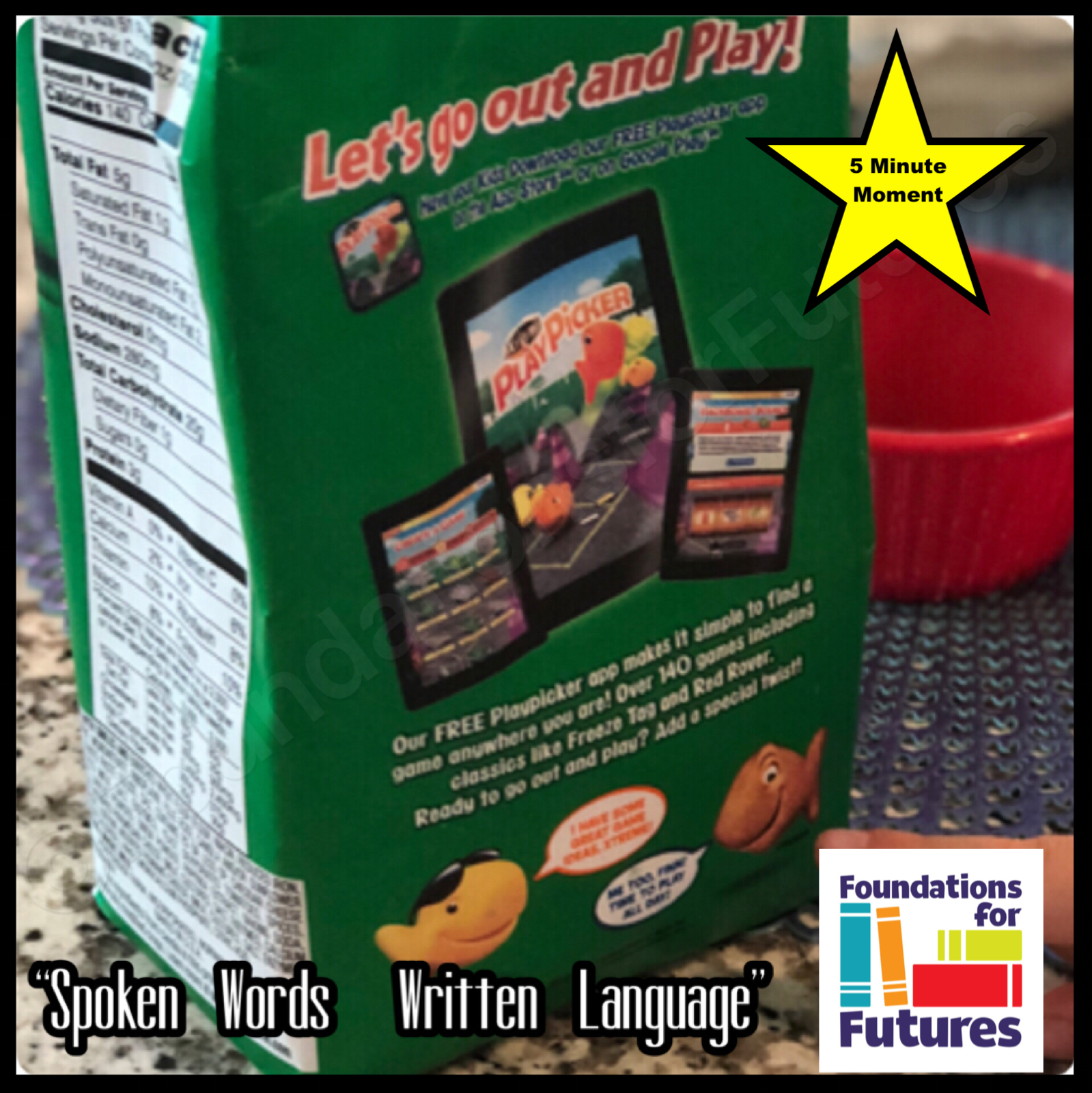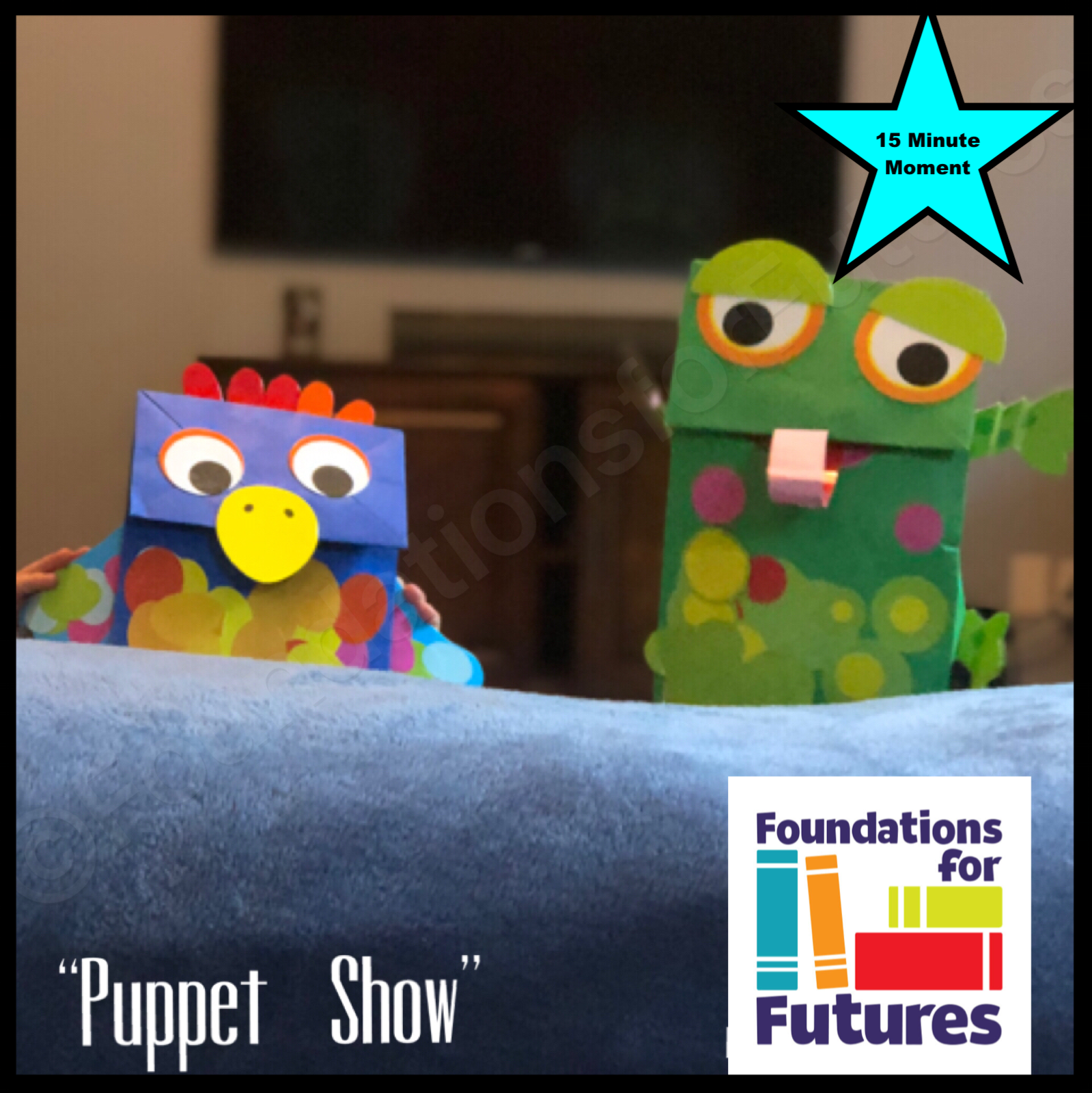Comprehension
through
Speaking and Listening
Comprehension takes on many forms in early literacy development. Young learners require speaking and listening skills in order to comprehend what is being said in spoken and written language. Having the ability to listen with a purpose will foster the development of comprehension. Not only do children need the ability to listen purposefully, but also require the ability to speak in a way that is understandable. Asking and answering questioning is a vital skill in building reading and writing development. When children are able to ask questions they are showing their knowledge of the subject that is being discussed. Similarly, when children are able to answer questions about a topic, they are demonstrating their ability to listen to the information and provide thoughts in response to a question.
Listening and Speaking Strategies Help Young Learners:
actively listen during conversations
actively engage in meaningful discussions
increase vocabulary development
understand that spoken phrases can be represented in written language
We believe children need to be exposed to a wide range of skills that fit together to build a strong literacy foundation. We also recognize that families and teachers have the never-ending challenge of limited time. Our strategies are organized by skill, and identified as 5, 10, or 15 Minute Moments. Whether it is five minutes, or twenty minutes, whatever time is available to help foster a young one’s learning will make a huge difference!
ENGAGING STRATEGIES
Nonfiction Fun
Non-fiction is a great way to open the door for young learners to actively listen while asking and answering questions. Often children are exposed to mostly fictional stories and haven’t seen as much informational text. These non-fiction texts are a great way to open the door to many conversations!
Spoken Words/Written Language
Making a connection between written and spoken language is a powerful skill. Using snack packages to discover this connection is entertaining and fun! Read aloud parts of the packaging to young learners as they see the written word connections. This is a great way to practice one-to-one matching.
Puppet Show
What creative opportunities arise from having a puppet show! Young learners can make up the dialogue and have fun laughing! Little do they know they are actually practicing active listening and effective communication skills!
Maps
Another fun way to engage with maps is to have kids search for the location or icon that an adult directs them to. For example, a child could be asked “Where would you go to get on a boat if you were on South Street?” This type of game requires active listening practice while having fun! Turn the tables, and allow the young learner to give you directions or clues, and now they are practicing meaningful speaking conversations.
Grocery Store Fun
Vocabulary words are endless at the grocery store. Simply talking to your young learner as you go through the aisles is a great way to introduce new words on a regular basis!
Grocery Detectives
Playing detective is a great way to get shopping done and have fun while learning. Give a young learner clues about which product to grab. The example here was: “Grab the cracker box that has a name starting with ‘G,’ and is blue on the bottom.”
READ THE RESEARCH
“Speaking and listening skills learned in the preschool years are crucial to future reading and writing achievement and school success. Children who do not develop sufficient oral language skills during this time find it difficult to keep pace with their peers in later years. ”
“Learning gaps that emerge early, however, can be overcome in language-rich contexts where children are encouraged to talk, listen, and explore the concepts that words convey. ”







